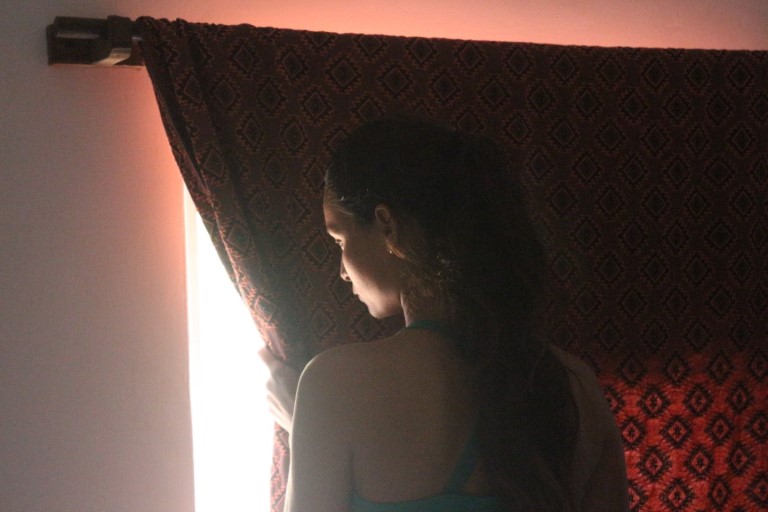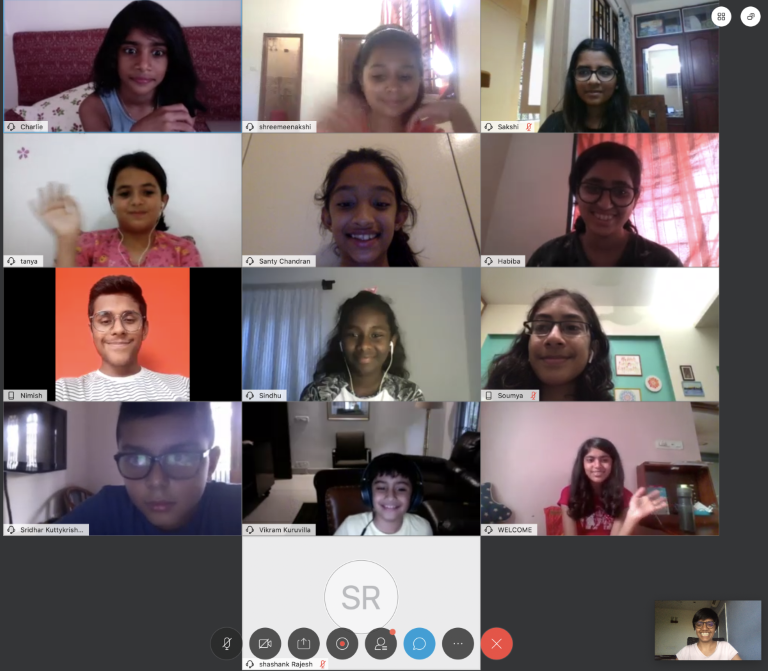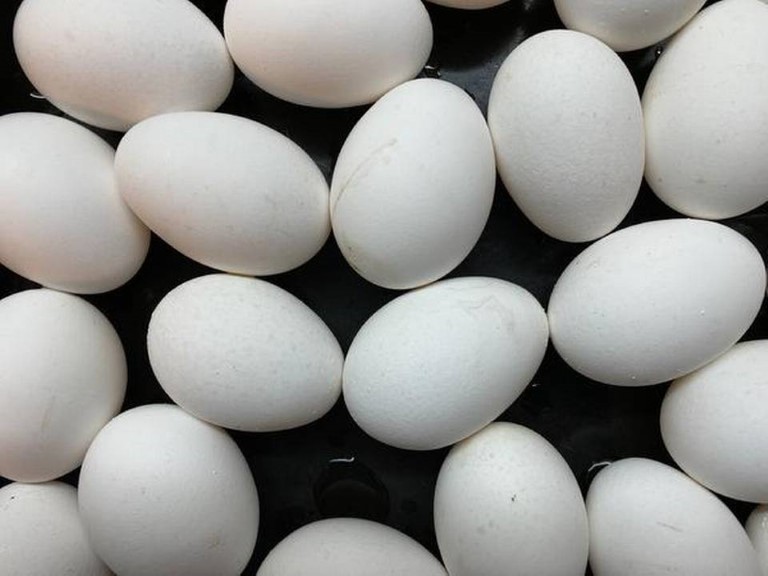1. Can you begin by elaborating on CPB’s efforts with education since it’s inception? How has the city’s response been to this, so far?
The Education program of the CPB Foundation was developed in response to the first edition of the Biennale. We felt the absence of a grassroots outreach student program that would help create a community of learners, artists, art lovers, amateurs and practitioners of photography. In 2018, we launched a program catered towards children ages 10 and above.
We also designed it using iPhones instead of with cameras as we saw the ease with which children can pick up ideas of composition, light, framing without having to stress about the physics of aperture, shutter speed and other technical matters.
Keeping in mind the lack of art education in our schools (especially in the government schools) we raised funds to start the program in Chennai Corporation and State Government Schools spread from Ennore to Thiruvanmiyur. We offered two-day “introduction to photography” interventions designed to keep the interruption to the school curriculum to a minimum. We also started weekend workshops in our space in Alwarpet for students. In this fashion, we taught over 900+ students last year.

The biggest success of the program has been the annual showcase of the photos taken by Chennai students at the Biennale’s 2nd edition. Their show was seen by thousands of visitors at the Egmore Government Museum and even tweeted by AR Rahman and Tim Cook!
However, looking ahead, we are shifting our focus to have a more impactful program. Instead of a 2-day crash course, we have designed it into a 12-week program – a pilot just completed in Corporation School in Thiruvanmiyur. The idea being that longer engagements create long-lasting impact.
2. You have worked with children before with your #EyeSpywithCPB programme. How different is it, to work with teenagers? Can you elaborate on what you are planning to cover in this programme?
Since the lockdown, we have had to take all our programming online. #EyeSpywithCPB was our first online workshop for children ages 10-13. In April we’ve run 2 batches. With the teenagers, we realize that due to their larger vocabulary and comprehension, we can move a lot faster with the basics. Another aspect that’s different in our #TeenPhotoAcademy is the length of the program. It’s 7-weeks long. We want to really go in-depth into concepts like visual thinking, how to read images, writing about your work, learning about history and master photographers, studying relationships of photography and film, helping them build portfolios and more.

3. Can you also give me an insight into who the facilitators are and how the programme was devised?
The program is facilitated by three of us. Myself (I am a practising photographer and one of the co-founders of the CPB Foundation), Habiba (also a photographer and film-maker – who leads all our Education Program efforts) and Sakshi (a graduate from NIFT Chennai and recently completed a 3-month internship with CPB). We are also supported by the rest of the foundation team for design, research and communication.
The program has been devised through extensive research and planning. A lot of photography learning in western (American, European), and while there is really good material, often we need to add examples and context for the Asian context so that it is more relatable. We have curated teaching resources from the Aperture Foundation, Aperture Foundation: Publisher and Center for the Photo Community, United Photo Industries (Teacher Resources) and the NYtimes among many more.
4. You have taken to the virtual platform following the lockdown — as a photographer, how would you rate the virtual media when it comes to teaching someone photography?
It’s challenging but super fun as well. We are learning every day and with every session and it’s forced the team to really push our boundaries. We first played around with Zoom, Webex and have now settled on Google Meets. We are also using Google Classrooms as a way to organize our sessions, materials and assignments. It’s been a fun learning experience for us as well.
After overcoming the technical difficulties, I think what’s important is to make engaging classes- a physical class can be as boring if not planned and executed well. Sometimes we think that students will zone out if it is online, but that can just as easily happen offline. Thankfully our fears are imaginary because our classes have been super interactive and created some really cool results. It’s also made us expand our reach outside Chennai. In fact, this edition of the workshop has students from five different cities (and one from Muscat)! Earlier classes had students from Australia, Singapore as well. The children have also gotten to know each other and created collaborative projects for their assignments.
5. What are the pointers that facilitators keep in mind while teaching photography online?
- Keep sessions short (45mins or so). Plan and practise a script to make sure you don’t go over.
- It helps to have more than one facilitator as when one is talking, the other person can respond to student reactions
- Use the gold-mine that is the internet for resources
- Send material ahead of time so that students can ask better questions
- Give small and simple bite-sized assignments keeping in mind that children cannot go outside right now and cant source new things for art projects either.
6. Since everyone is currently under lockdown, will students be expected to click photographs indoors for this exercise?
Yes, of course! In fact, photography under these restrictions is proving to be not only challenging but eye-opening. We want to break the myth that to take pictures you need to “go somewhere”. I think we all think that if we go to a beautiful landscape or cafe, our pictures will be better. But actually, what we’re saying is, look for beauty and stories in the every day, starting from home. Focus on the things that make a home, home. The spaces, the light, the people, the rituals. We’re also encouraging “screenshot” photography where you call someone else and point your camera towards them and take photos using a phone screenshot!
7. Do you plan to continue the programme physically (by meeting the students) once the lockdown is lifted?
We’d love to have a reunion of the online students if we can when the lockdown is lifted. We are trying not to plan too much into the future at the moment as we do not know when small or large gatherings will be allowed. We had planned an extension of this program in Gurugram but that is on hold at the moment. We are also in talks with the Government to launch the program at 4 Government schools the moment it is feasible to do so in Chennai.
